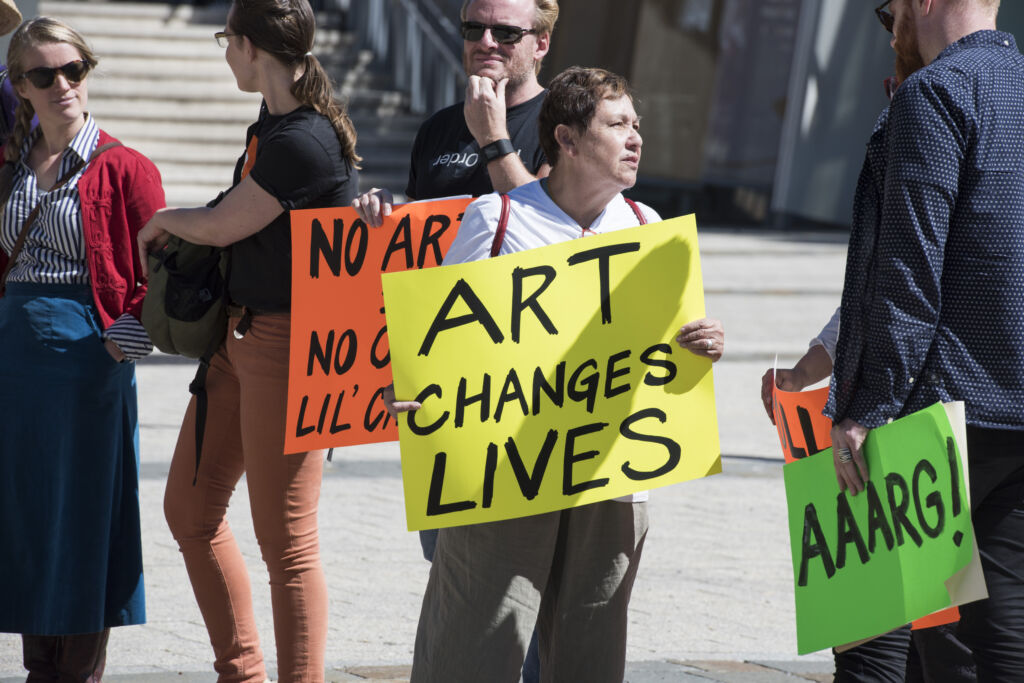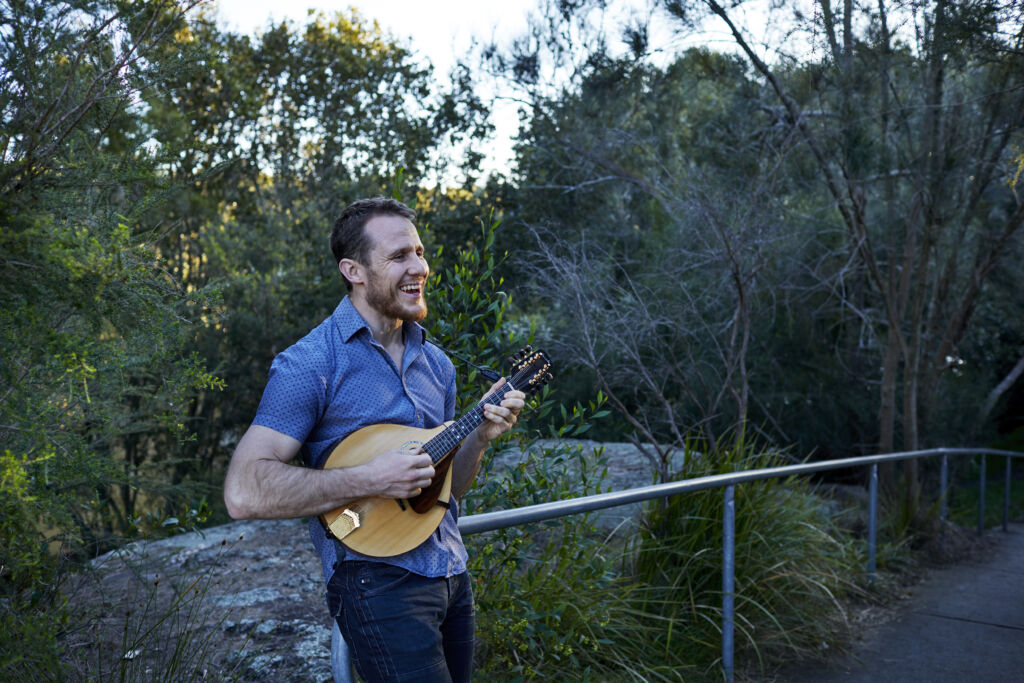“How many deaths will it take till he knows that too many people have died?
The answer my friend, is blowing in the wind”
Bob Dylan’s words from 1963 could have been written today. The answer is figuratively blowing in the wind, as dozens of people are dying each week due to a pandemic that is spread through the air.
Like many artists, Bob Dylan spoke out about injustices throughout his career. What can we, as artists, do to bring attention to the suffering of those who cannot protect themselves from COVID? Are we missing-in-action? Have we abandoned a society that has failed to support us, when artists have been suffering themselves?
As a broader community we seem to be tired – (un)inspired by an absence of leadership at all levels of government, who promotes inaction as the new COVID-normal. Is it fair to ask artists to step into this leadership void?
I came across this interview from rock band Cake’s lead singer John McCrea, who said of artists, “you’ve got these really sensitive people, canaries in the coal mine as it were, that can sometimes serve society with their ability to sense things coming. Historically artists have been respected – a pragmatic decision by society to say maybe sometimes we should listen to artists.”
Should artists provide leadership at a time when we desperately need it?
This responsibility seems to be an unfair burden upon artists, who have been affected by the pandemic more than most. Many have lost their income and experienced mental health challenges without adequate government and institutional support. Is it fair to expect artists to rise above their individual pain and turn their attention to creating works that address the broader societal challenges of the pandemic?
Artists have consistently shown leadership with work that shines a light on contentious social issues such as climate change, reconciliation, and the support of refugees. But these issues don’t affect artists disproportionately as the pandemic has. Despite the advances in digital content, the arts industry still relies on large social gatherings to be economically sustainable. The livelihood of artists is threatened in a way that hasn’t occurred in recent memory.
Meanwhile, as the pandemic spreads, our most vulnerable are suffering, and we – as a broader community – seem to be sitting on our hands. As a comparison, leadership has been seen in the sporting bubble. Peter V’Landys’ recent edict to ban rugby league players from indoor social situations is a sign that they are taking the pandemic as a serious threat to the survival of the game. Governments seem too fatigued to take similar forthright actions, especially unpopular ones, and their apathy has spread across society. Artists have the potential to wake us up as a community from COVID-lethargy.

I have personally felt both the struggles of losing income as an artist, and what it means to be immunocompromised through the pandemic. In May last year I was diagnosed with Stage 4 bowel cancer. While community spread of COVID is present, my family cannot interact (or work) with the ‘outside’ world. Additionally, as COVID hospitalisations rise there is a greater chance that surgery to extend my survival may become unavailable.
My experiences are shared by thousands of vulnerable Australians. What’s more, over 2,500 Australians have already died because of COVID. Governments, however, seem to be outsourcing their public health responsibilities, leaving a general state of confusion on what we can do. This is compounded when Australians are (justifiably) sick of restrictions, lockdowns, quarantine, and changes to their everyday life. Now is the time for artists to sing out about the challenges that vulnerable Australians face, and ensure we do not forget the thousands who have already lost their lives.

Michael Sollis, freelance musician and the Artistic Director Education for Musica Viva Australia. © Keith Saunders.
Australia needs leadership, and we, as artists, can provide it through our voices, paintings, dance, music and words. It may not be fair that artists should have to provide this, but we need new perspectives to change the national discourse to one that is bold, pragmatic, and compassionate. Shifting this discourse can help play a role in saving the lives of thousands of Australians. What’s more, it can also put the arts firmly within the hearts and minds of Australians. For my part, I’ll be working with Canberra’s Art Biennial Contour 556 to create a public art work that shares stories of isolation that families with immunocompromised conditions are forced to experience.
Artists have always shaped and changed societal issues, particularly those that affect the most vulnerable. Creating is near impossible when no one is there to pay the bills – and it may not be fair to expect artists to. But as an artistic community, let’s rise above this, not wait for another death, and do what we can to amplify the voices of those who need to be heard.
Michael Sollis is a freelance multidisciplinary creator, Artistic Director of The Griffyn Ensemble, and Artistic Director of Education for Musica Viva Australia.











Comments
Log in to join the conversation.